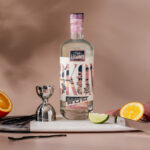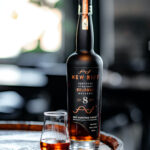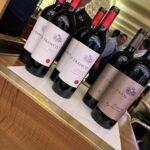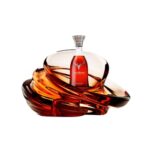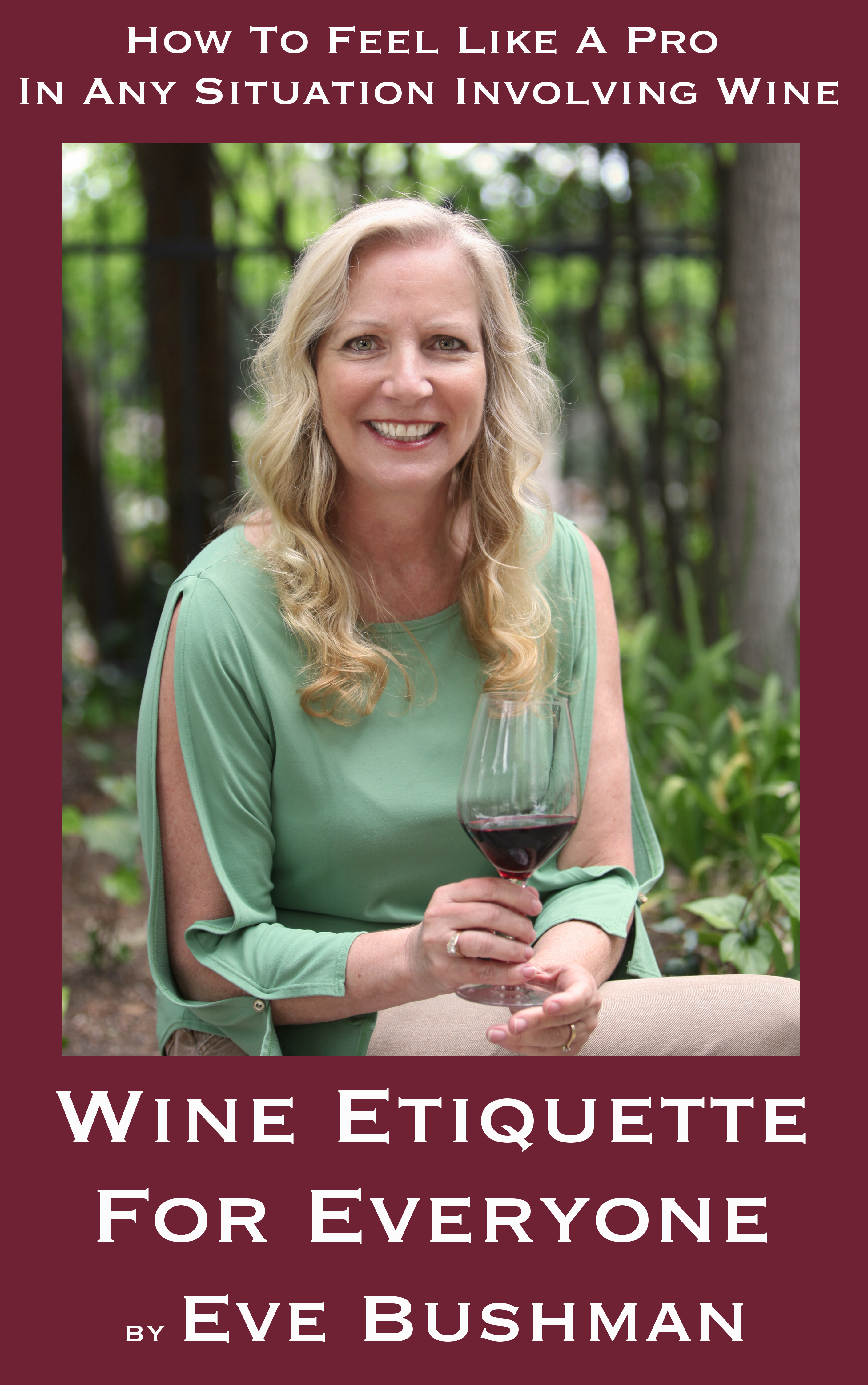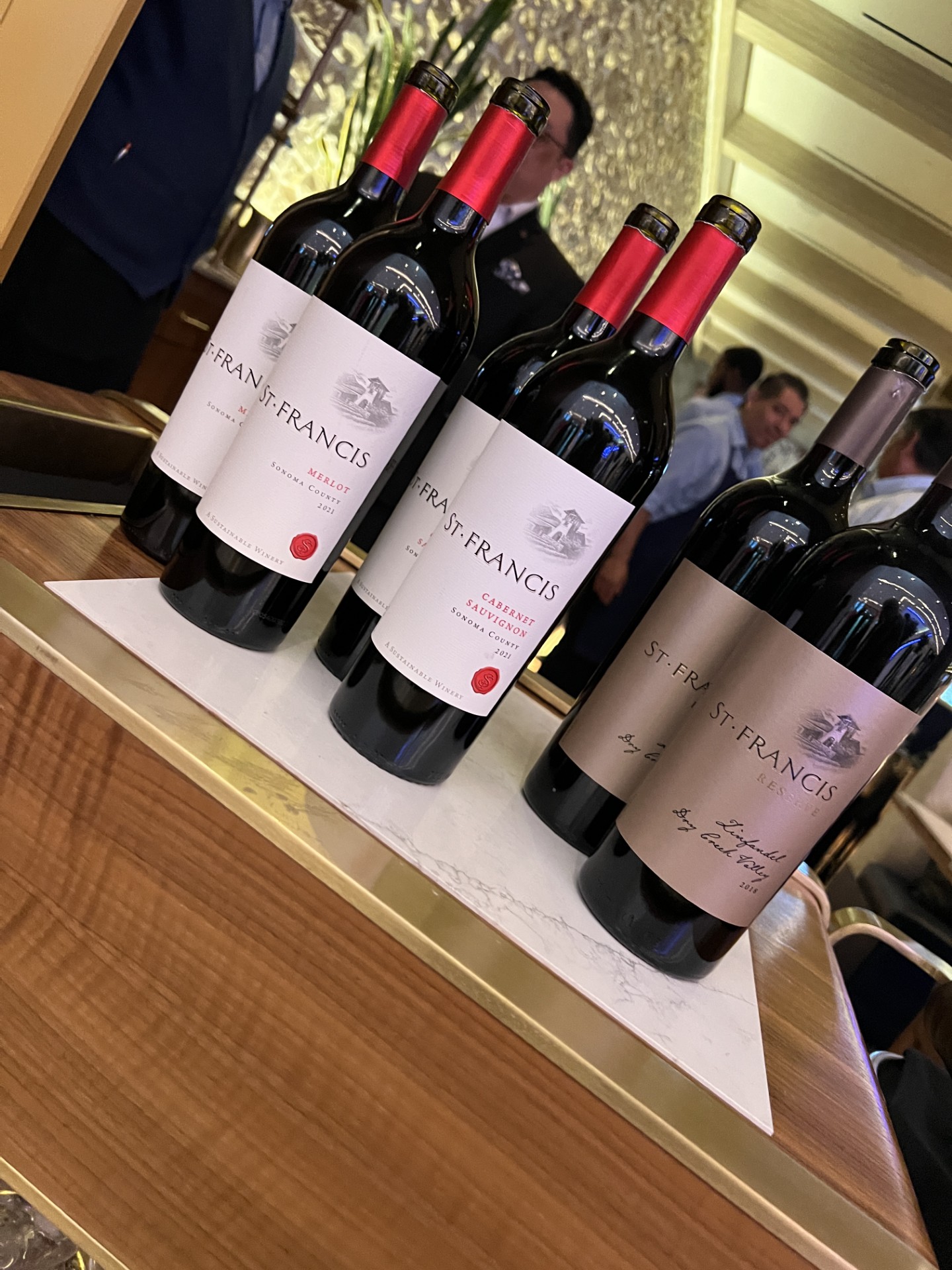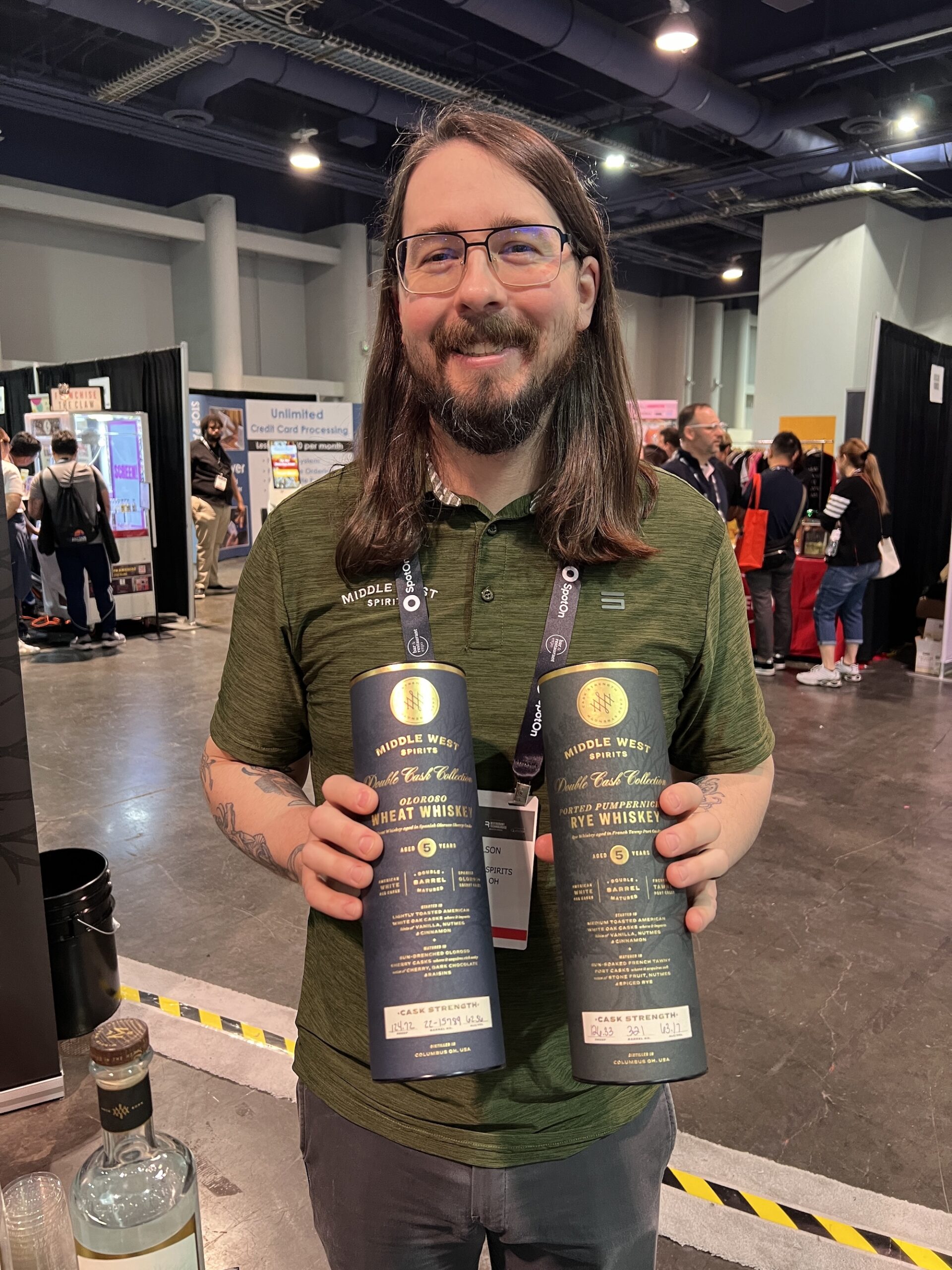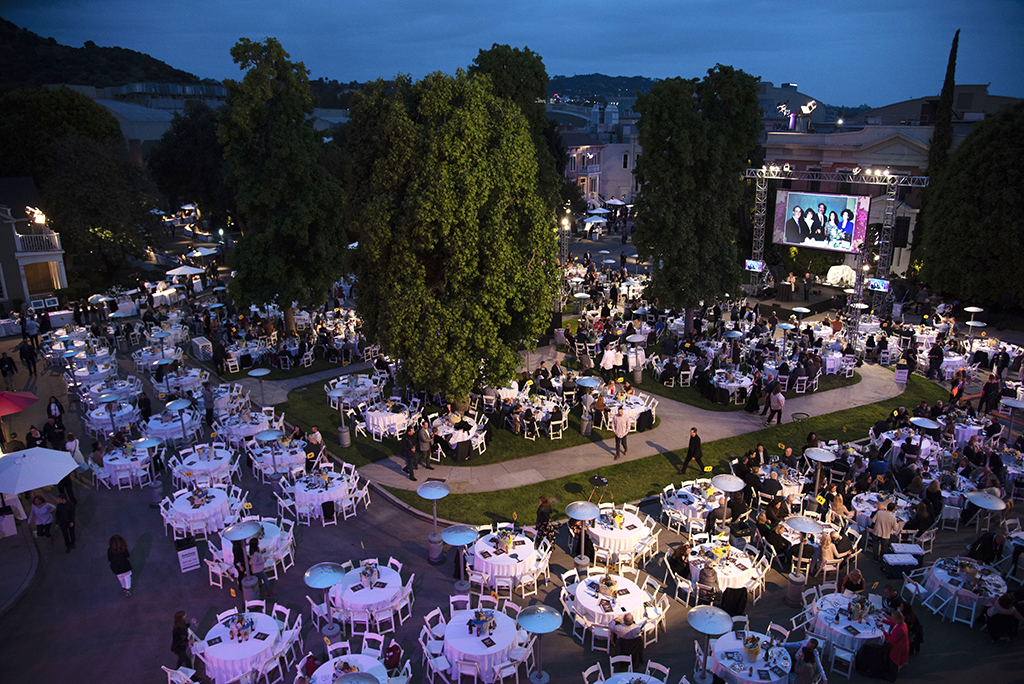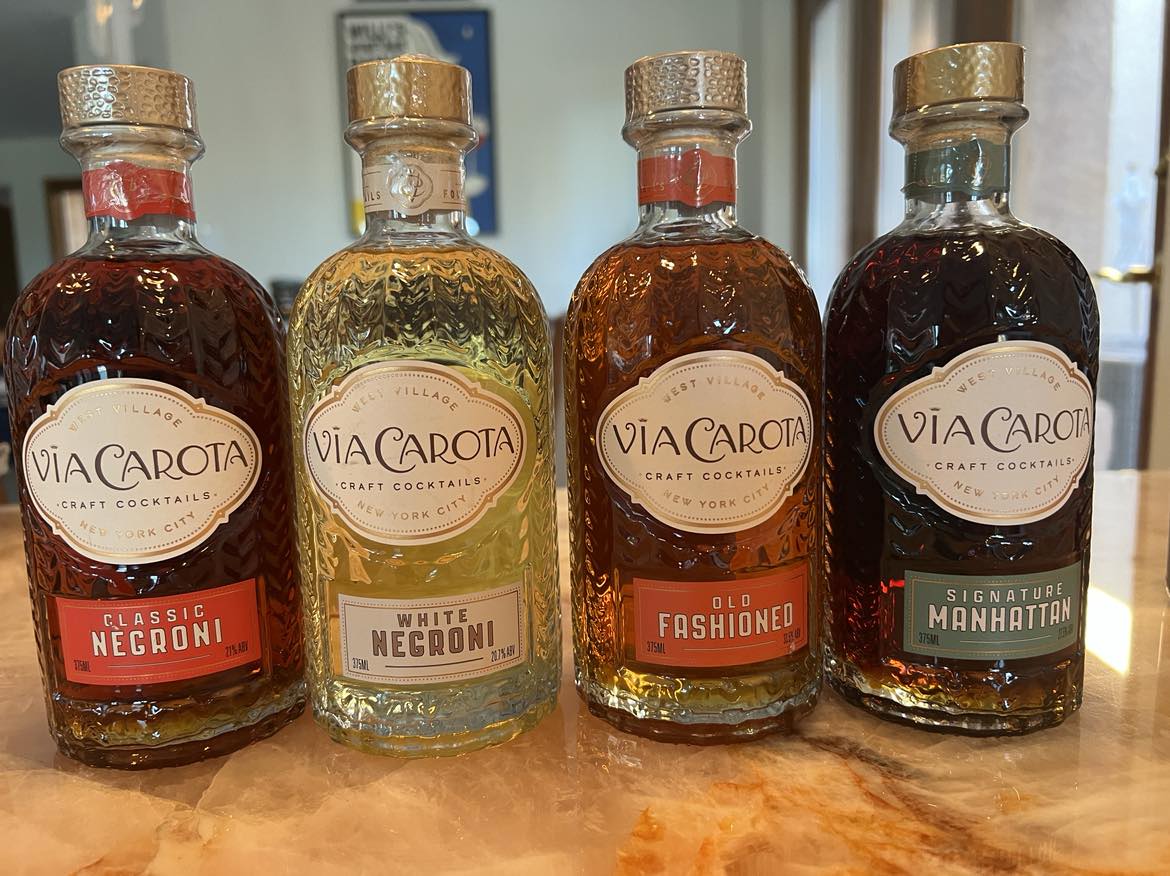Do you select wine based on a winery’s choice in being sustainable or organic? Do you know what those terms even mean?
Lets start with some basic Definitions (from Wine Spectator’s Dr. Vinny)
These terms vary in the way they’re defined and regulated, but I’ll do my best to sort out the way they’re most typically used.
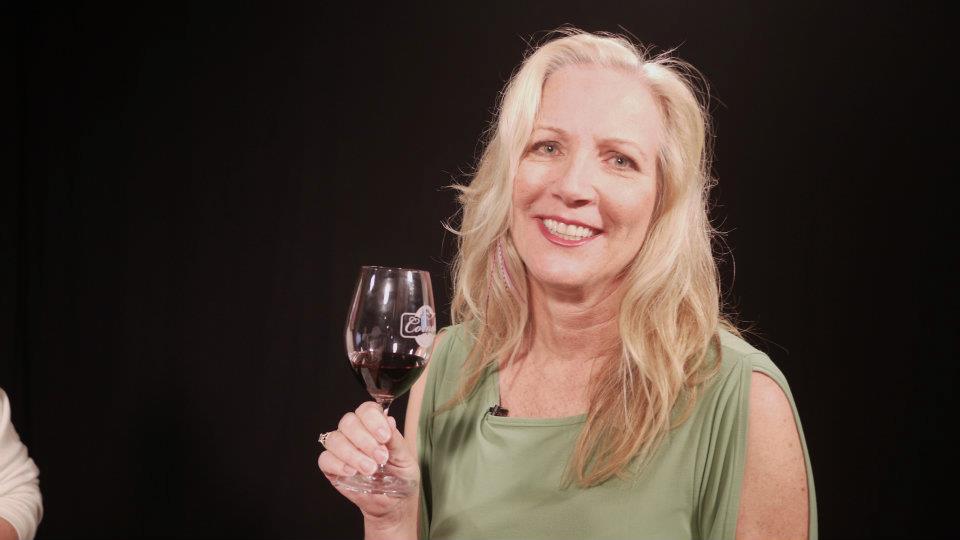 The U.S. government regulates use of the term “organic,” but “sustainable” and “biodynamic” have no legal definitions. So I’ll start with organic: there are two types of organic listings on wine bottles. Wines can be made from certified organically grown grapes, avoiding any synthetic additives, or, to take it a step further, “organic” wines are made from organically grown grapes, and are also made without any added sulfites (though naturally occurring sulfites will still be present).
The U.S. government regulates use of the term “organic,” but “sustainable” and “biodynamic” have no legal definitions. So I’ll start with organic: there are two types of organic listings on wine bottles. Wines can be made from certified organically grown grapes, avoiding any synthetic additives, or, to take it a step further, “organic” wines are made from organically grown grapes, and are also made without any added sulfites (though naturally occurring sulfites will still be present).
Biodynamic is similar to organic farming in that both take place without chemicals, but biodynamic farming incorporates ideas about a vineyard as an ecosystem, and also accounting for things such as astrological influences and lunar cycles. A biodynamic wine means that the grapes are farmed biodynamically, and that the winemaker did not make the wine with any common manipulations such as yeast additions or acidity adjustments. A wine “made from biodynamic grapes” means that a vintner used biodynamically grown grapes, but followed a less strict list of rules in winemaking.
Sustainability refers to a range of practices that are not only ecologically sound, but also economically viable and socially responsible. (Sustainable farmers may farm largely organically or biodynamically but have flexibility to choose what works best for their individual property; they may also focus on energy and water conservation, use of renewable resources and other issues.) Some third-party agencies offer sustainability certifications, and many regional industry associations are working on developing clearer standards.
If you’d like to know if a wine falls into any of these categories, check out the label. Here you’ll find a lot of clues—various trademarked symbols and logos are used, and if a winery is going to adhere to these practices, they’re likely to want you to know about it. You can also check out a winery’s website, which usually goes into details about how a wine was grown and made.
Okay, now back to me, and my own feelings to share with you at this point in your wine education.
After reading the knowledgeable Dr. Vinny, do you feel compelled to seek out wines made via organic, biodynamic and/or sustainable winery practices? If so, I think you should.
I’ve tasted my fair share of wines made in many different ways. My personal opinion (and I know I may lose a few readers over this) is similar to how I feel reading a book. Does the information presented, in both fiction and non-fiction, further the story or not?
Taken a step further, and down a row of vines, if the wine tastes better because owls (in one winery case the owls had fine “condos” built for them to attract them to the property) killed a pest like gophers then that’s great. If the wine’s price increased because of the winery practices, that’s okay with me too, within reason. But if the wine takes a page from my book instead of adding to it, I’d skip the wine in the future.
To be more succinct: I’m ruled by palate and not winery practices. You have to do your own tasting/testing to make your own decision. And, if you find an organic/biodynamic/sustainable wine that tastes better because of the winery practices? Let me know about it!
(Note: a word about sulfite preservatives. There are two schools of thought: They cause headaches and they don’t cause headaches. One wine educator explained that if the sufferer also suffers headaches after eating dried fruit with sulfites then it’s the sulfites. More often, and I tend to agree, it’s dehydration that causes the headache. My rule of thumb is to consume one glass of water for every glass of wine.)
Eve Bushman has been reading, writing, taking coursework and tasting wine for over 20 years. She has obtained a Level Two Intermediate Certification from the Wine and Spirits Education Trust, has been the subject of a 60-minute Wine Immersion video, authored “Wine Etiquette for Everyone” and recently served as a guest judge for the L.A. International Wine Competition. You can email Eve@EveWine101.com to ask a question about wine or spirits that may be answered in a future column. You can also seek her marketing advice via Eve@EveBushmanConsulting.com
